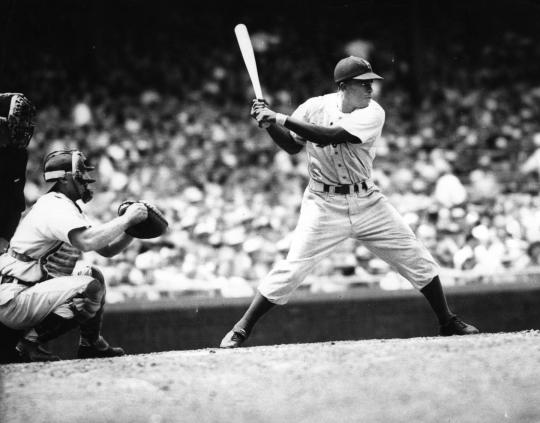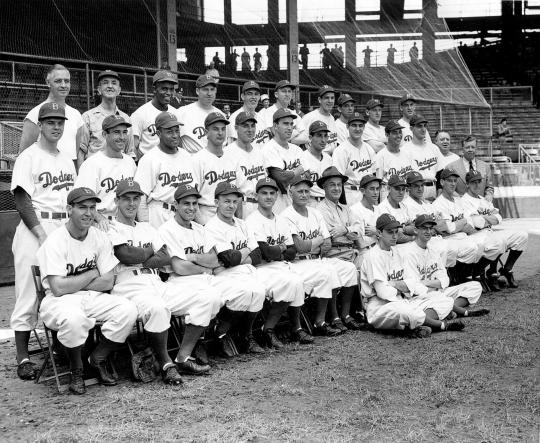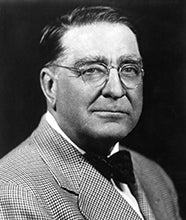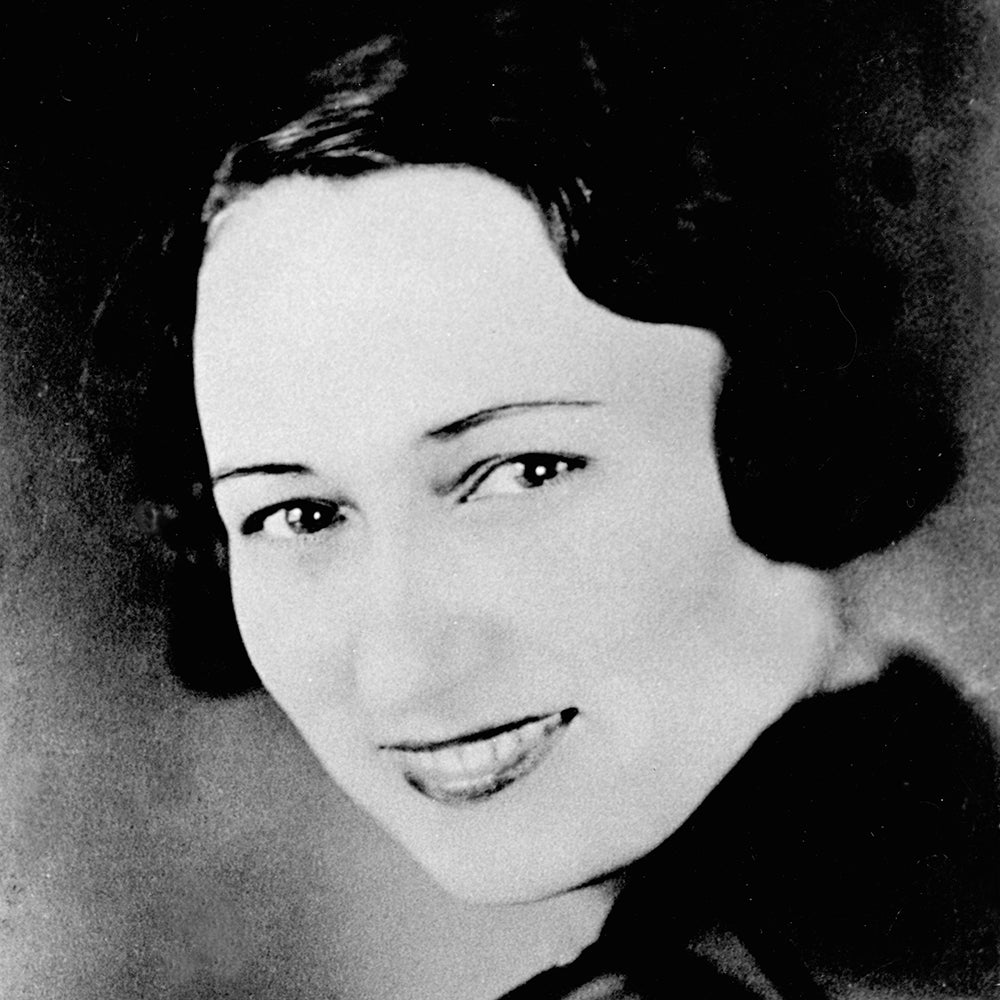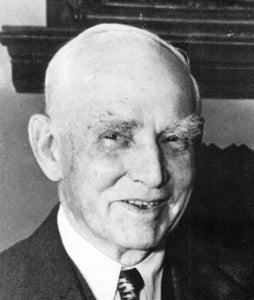- Home
- Our Stories
- When Robinson signed with Montreal, baseball and America changed forever
When Robinson signed with Montreal, baseball and America changed forever
World War II had officially ended less than two months earlier, but the changes in American society and culture that defined the Baby Boomer generation were already moving forward on Oct. 23, 1945.
Jackie Robinson would be the face of that brave new world.
Dodgers Gear
Represent the all-time greats and know your purchase plays a part in preserving baseball history.
That October day, Branch Rickey Jr., son of Brooklyn Dodgers president and future Hall of Famer Branch Rickey Sr., traveled to Canada to announce that Robinson signed a contract with the Montreal Royals, one of the Dodgers’ farm teams. Reaction throughout the game was predictably mixed, as the color barrier had prevented African Americans from participating in organized baseball since the 19th century. But Rickey Jr. believed that the future was at hand – despite warnings that members of his own team might refuse to play with Robinson. “If they come from certain sections in the south, they may steer away from a team with Negro players,” Rickey Jr. told the United Press. “But they’ll be back in baseball after a year or two in a cotton mill.”
Hector Racine, the president of the Royals, expected few problems in Montreal itself.
“Negros fought alongside whites and shared the foxhole dangers, and they should get a fair trial in baseball,” said Racine, espousing a popular equal opportunity message of the time.
The legality of the contract, however, was quickly questioned – a message that would be trumpeted in the years to come by Negro Leagues executives like future Hall of Famer Effa Manley.
Robinson was already under contract with the Kansas City Monarchs of the Negro American League, but this agreement was not recognized when Robinson became the first African-American player to sign with a modern-era team.
“That is a well-established league, and organized baseball shouldn’t take its players,” Clark Griffith, owner of the Washington Senators and a future Hall of Famer, told the United Press. Tom Baird, one of the owners of the Monarchs, agreed. “Some attempt at reimbursement should be made for Robinson,” Baird told UP. “This case will set a precedent on where we stand.” But the chance for equal opportunity was far more valuable than an existing contract – to both the players and American society. Robinson, a known figure in the sports world from his days as an all-round athletic star at UCLA, told UP that he “realized how much this means to me, to my race and to baseball.”
Rickey Sr. – the man who was the driving force to integrate the game – took a cautious approach in the media, but was clearly ready to execute the plan he had laid out for years. “Reports from my scouts indicate he should be able to play Brooklyn after the proper schooling (in the minor leagues),” Rickey told the Associated Press. “If I thought he was ripe for the majors, I would have signed him to a Dodger contract. It’s all up to him from now on.” Robinson went on to hit .349 for the Royals in 1946, scoring 113 runs and stealing 40 bases in 124 games. The next season, he was in Brooklyn – where he won the inaugural Baseball Writers’ Association of America Rookie of the Year Award. Robinson was elected to the Hall of Fame in 1962.
Craig Muder is the director of communications for the National Baseball Hall of Fame and Museum
Related Stories
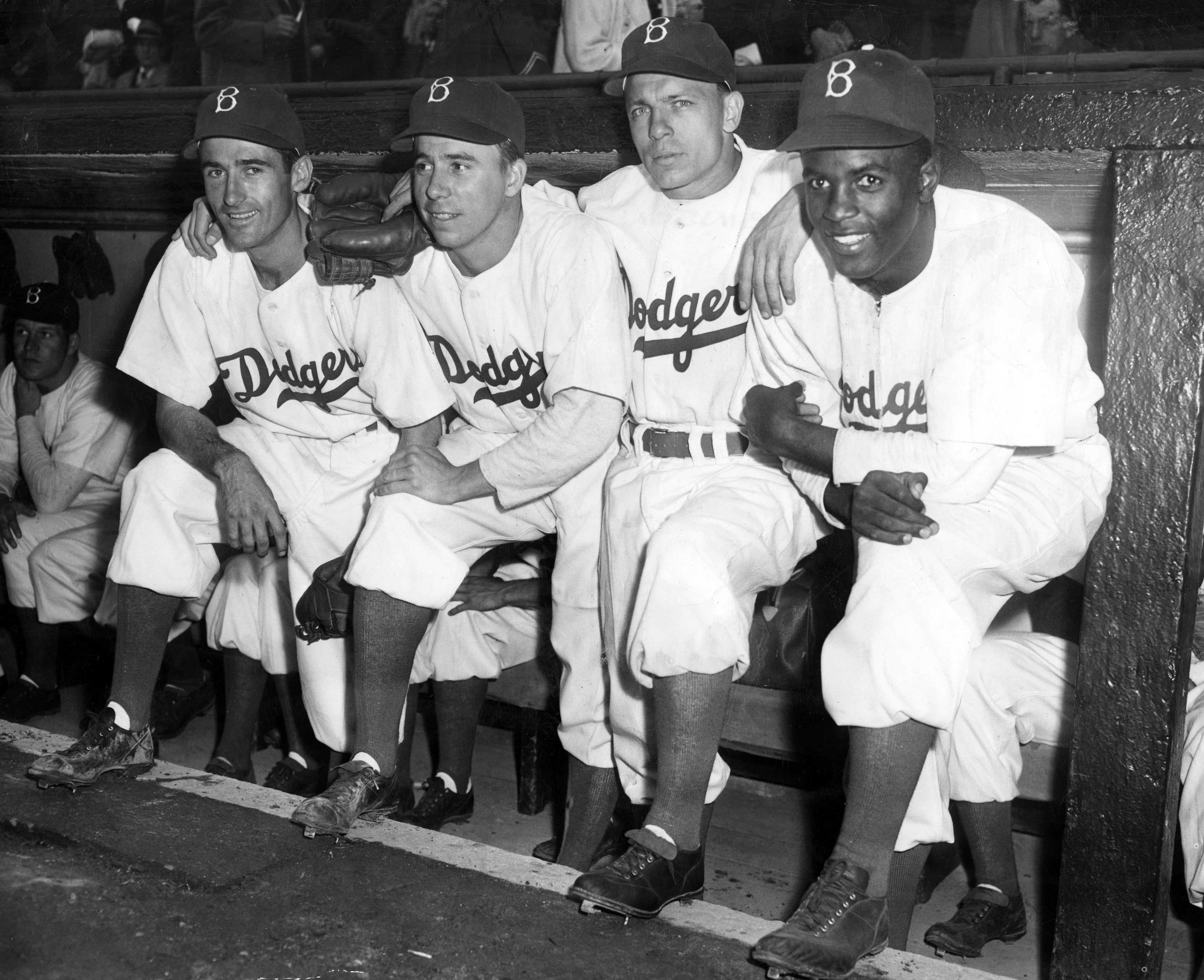
Remembering Jackie
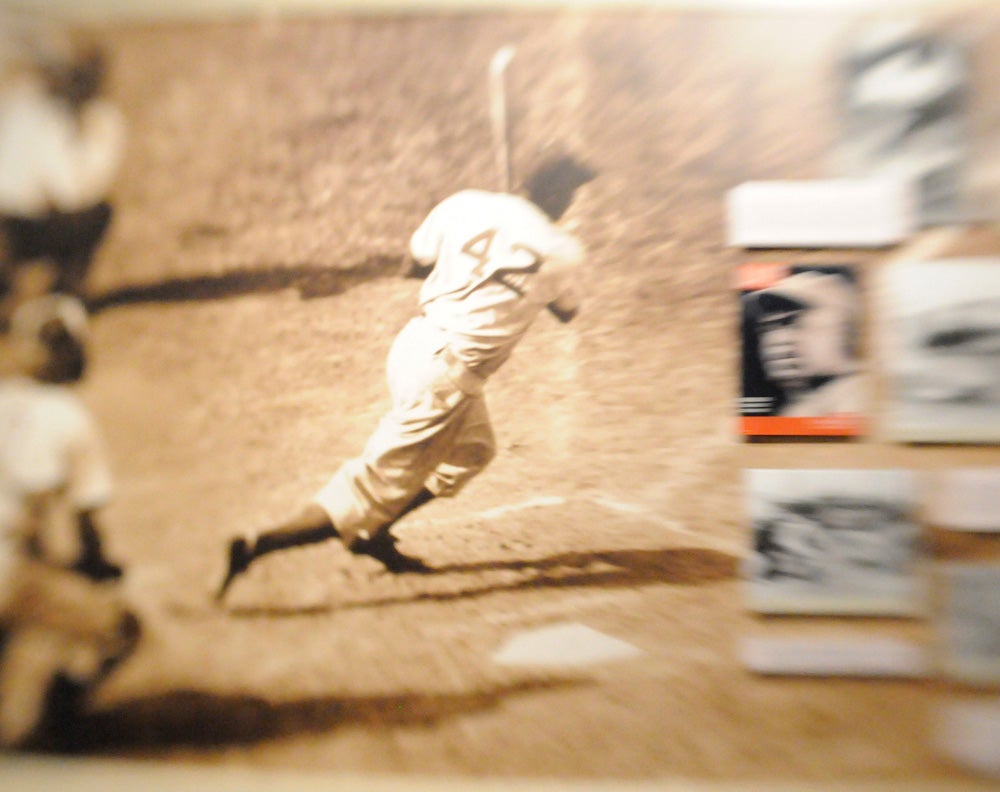
Civil Rights: Before You Could Say "Jackie Robinson"
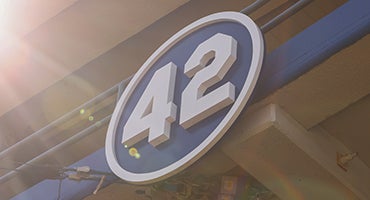
April 15, 1997: Jackie Robinson’s Number Retired

Jackie Robinson left lasting legacy

Remembering Jackie

Civil Rights: Before You Could Say "Jackie Robinson"

April 15, 1997: Jackie Robinson’s Number Retired



